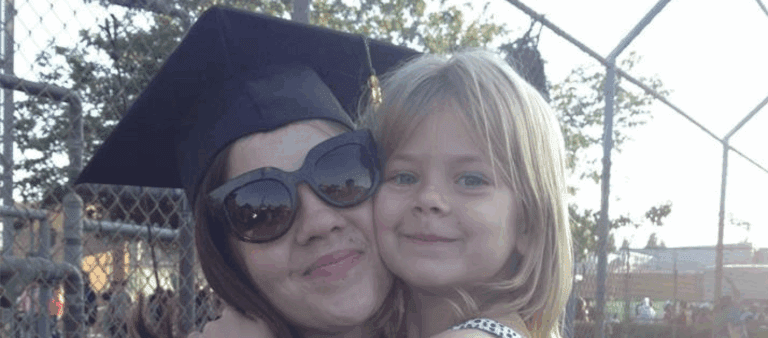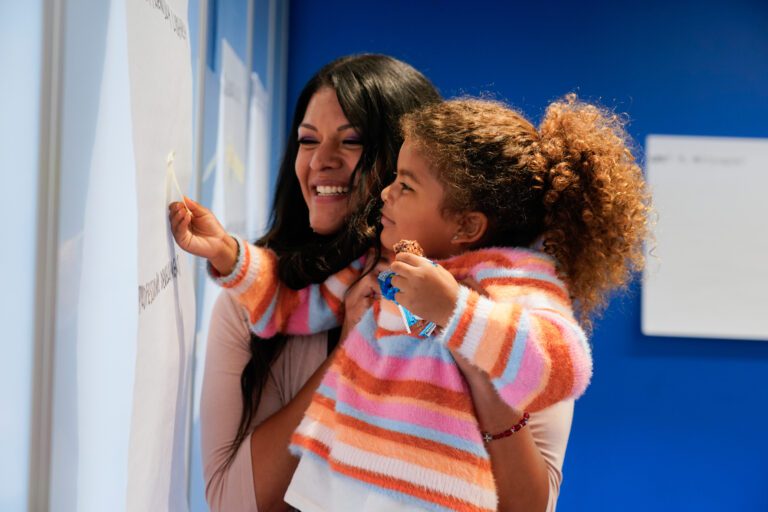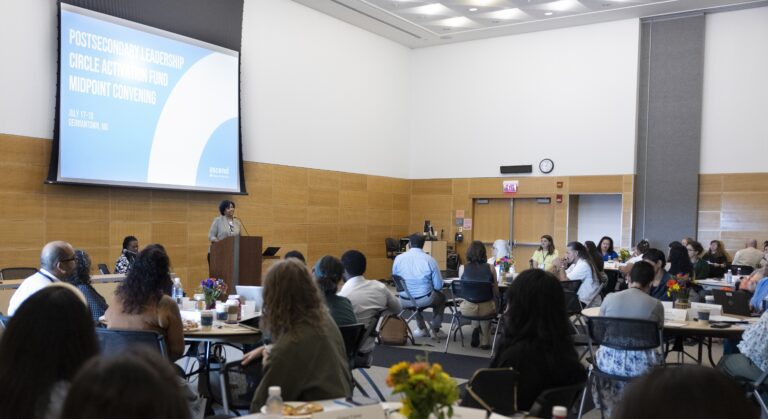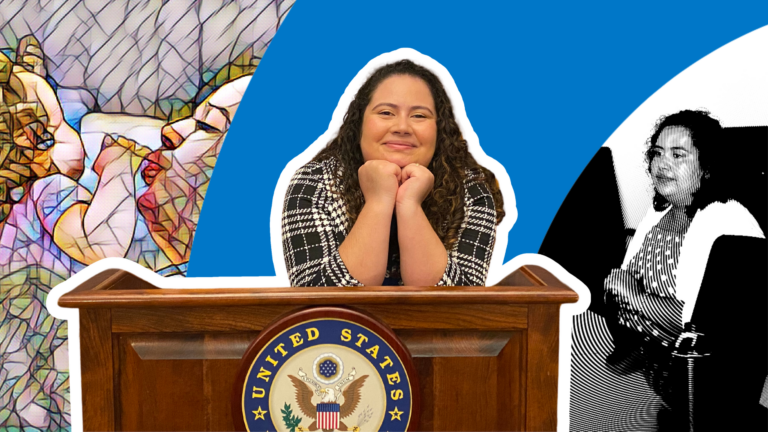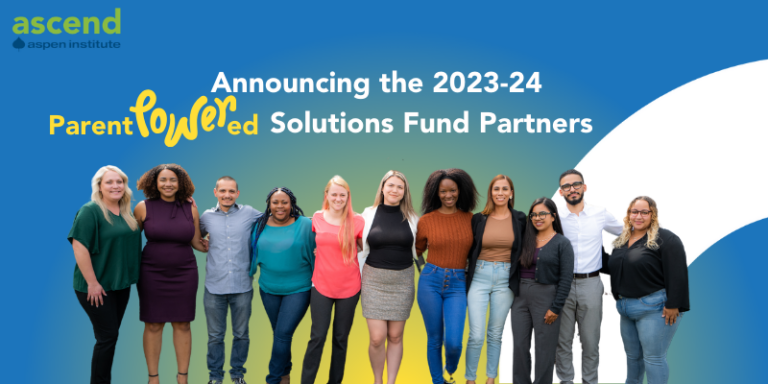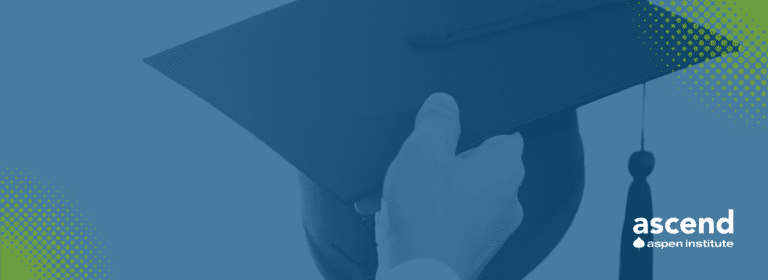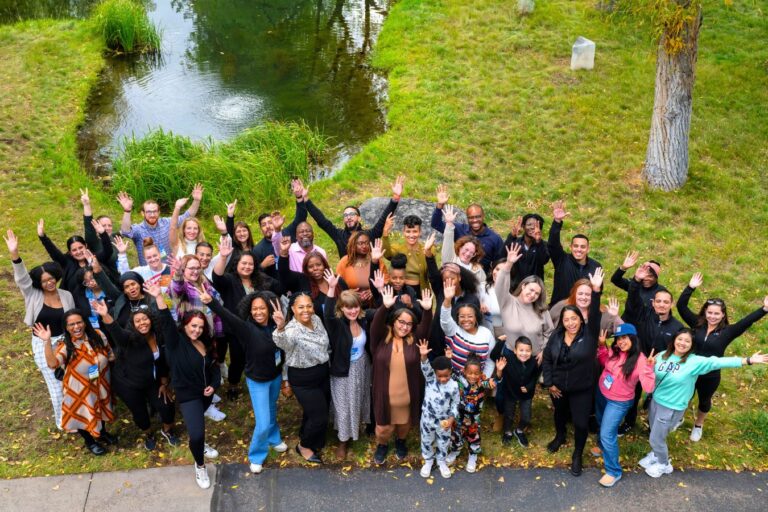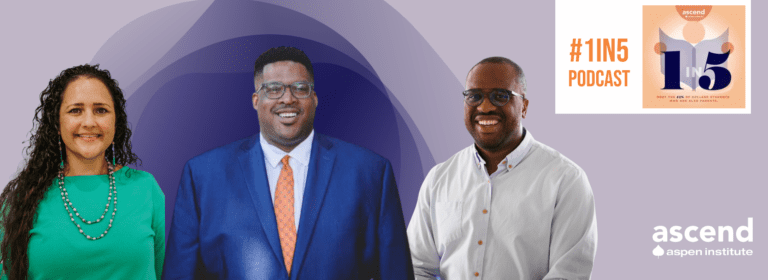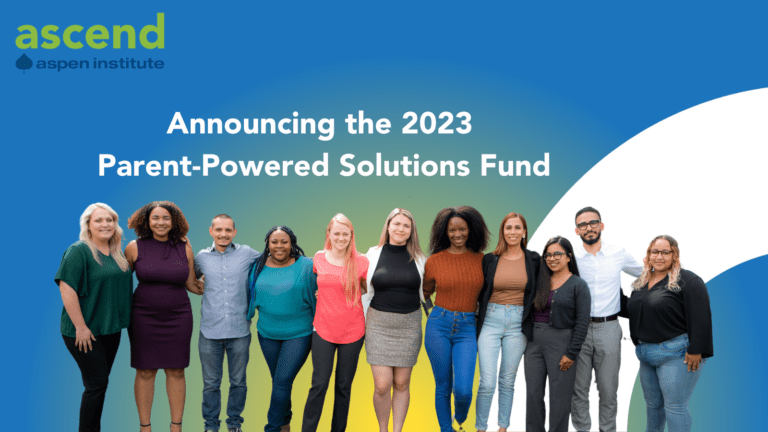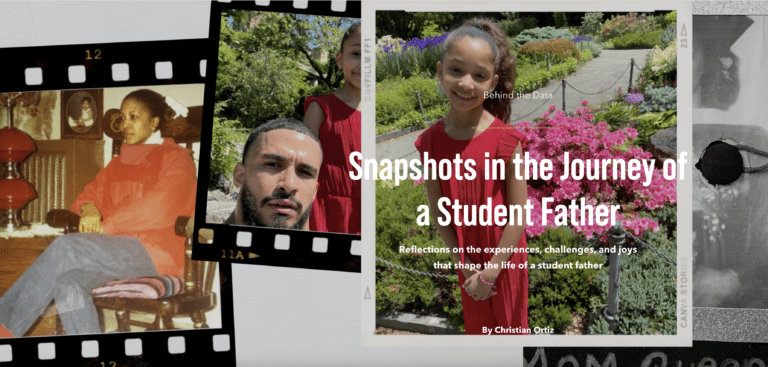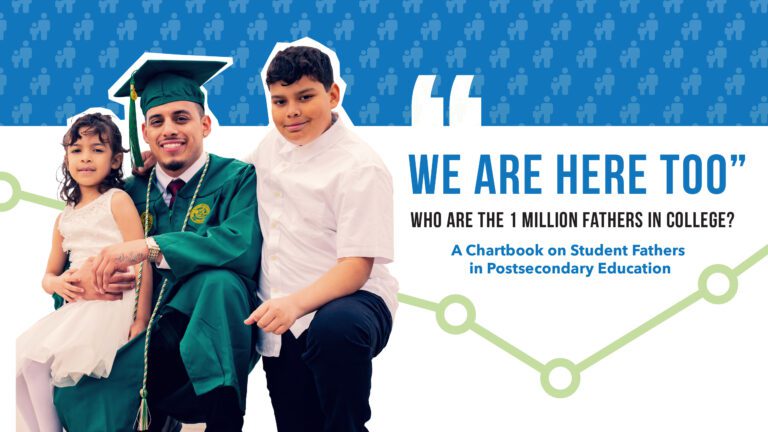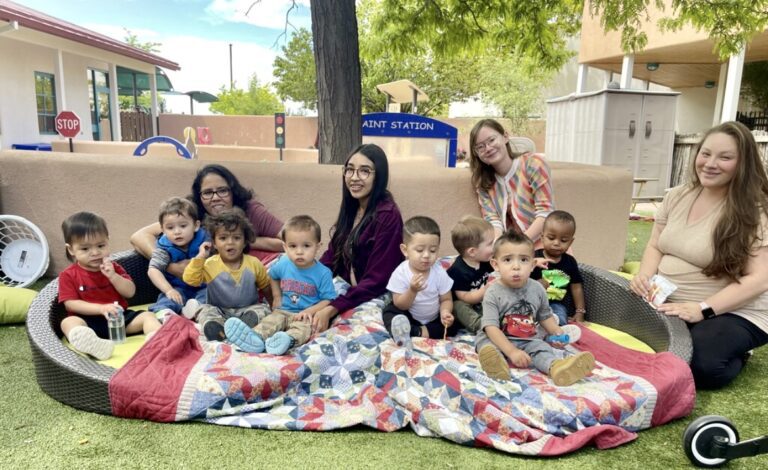Using Technology and Design Thinking to Meet Every Learner Wherever They Are
Although today’s circumstances are abnormally challenging, students’ lives have always been complex, even more so for students who are parents. At Arizona State University, we are focusing on technology-enhanced, human-centered education to ensure that no matter how complicated the world gets, we can meet all learners wherever they are and however they choose to study.
As college enrollments tipped into comprising primarily “nontraditional” students, a category that includes parents, degree programs didn’t keep pace with the diverse conditions confronting them. Exclusivity and rigidity became the norm, despite not serving the changing needs of society. It’s no wonder that almost three-quarters of part-time students drop out or that 30 million U.S. adults have some college credit but no degree.
To decisively contribute to the collective good, colleges and universities are overdue to accommodate these learners – a need exacerbated by the pandemic. Like workplaces, we haven’t gone far enough to provide flexibility for parents – especially mothers – to balance the demands of office (or classroom) and home life. School and daycare closures have only increased caregiving responsibilities. Thankfully, there are growing calls for greater choice in determining how one’s work and family fit together, at least for some segments of the population. Our higher education system can seize this moment and put forth solutions that benefit everyone who seeks to build her or his future, at any age or stage in life.
At ASU, technological enhancements have proven to be powerful tools in the fight.
For all five years that the category has existed, ASU was named the most innovative university by U.S. News and World Report. We have received this honor for a variety of reasons, perhaps most notably due to our unapologetic approach to integrating technology to make education more personal, accessible, adaptable, and resilient.
Our investment in digital infrastructure was critical in our ability to quickly transition nearly 80,000 students to fully remote instruction in March when the coronavirus pandemic forced our campuses to close. Coupling lessons from ASU Online, our virtual university, means we can offer on-campus students more options come fall, including:
- In-person coursework;
- iCourses, which are designed to be taken entirely online and students can watch on their own schedule; and
- ASU Sync, which offers the benefits of face-to-face instruction in an interactive environment.
Over the summer, we equipped or enhanced more than 800 physical learning spaces with equipment, including 375 which were permanently installed. As a result, that faculty can deliver live lectures via videoconference while students who are either in the classroom or on Zoom can see what’s written on whiteboards and ask questions in real-time, regardless of location.
We also recognize that many student parents who were already working or going to school themselves have been tasked with providing education for their children at home. We launched ASU for YOU as a free community resource for all ages. It includes sample daily schedules for families with younger and older students as well as student parents with links to curriculum content developed by our Mary Lou Fulton Teachers College.
Similarly, our new ASU Family Hub is intended to bring together various opportunities in a “one-stop” support system that is not only convenient, but also provides a cohesive menu of services. Likewise, we received a grant to expand our Sunny chatbot to reach parents and to offer help in Spanish for the first time. Informed by a student parent focus group and participants in ASU’s Hispanic Mother-Daughter Program, the texting app provides 24/7 answers about financial aid, child care, support groups, career resources, and more without having to leave the house or wait in a line.
“We know [nontraditional students]…are balancing all the aspects of their lives. For parents, their children are their priority,” said ASU Assistant Vice President for Outreach Lorenzo Chavez. “So how do we bring ASU assets directly to them? How do we make that accessible for them and in a format they are comfortable with?”
As the fall semester approaches and the idea of a campus extends into pioneering virtual realms, we’re increasingly asking ourselves and our peers these questions.
We know that technology alone won’t provide elements of connection and community that are integral to a successful college experience, so we’re thinking about what we call “Human Systems Engineering,” too. This human-centered methodology introduces psychology to align design interfaces and information systems with human capabilities and limits – including those brought on by shelter-in-place orders and financial shocks. Because why create programs that don’t actually work for humans in their day-to-day?
Our core mission is to provide access to excellent education for all people who seek to improve their lives – and the lives of those that depend on them. Being caught in a moment in history shouldn’t change either priority.
When Olivia Rines, a doctoral candidate and one of the 11,000 parenting students attending ASU across our campuses and online, founded the Sun Devil Student-Parent Network, she said her work to support others in her situation was “my baby … in addition to my actual baby.”
Higher education should approach its own endeavors with the same level of care and responsibility. Let’s continue to share best practices so we’re able to nurture our collective capacity and acclimate our culture and programs to meet real-life needs for the long-haul – regardless if future times are of strength or instability.
Jacqueline Smith is a higher education designer and strategist. She serves as Vice President at the Arizona State University Foundation for a New American University and Professor of Practice in the Mary Lou Fulton Teachers College at ASU. She is a National Advisor with the Ascend Postsecondary Success for Parents Initiative.
Photo provided by ASU Now. Copyright: Arizona Board of Regents
Related Posts
